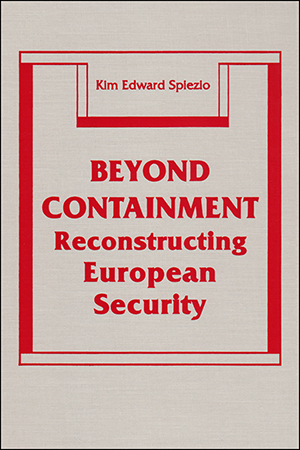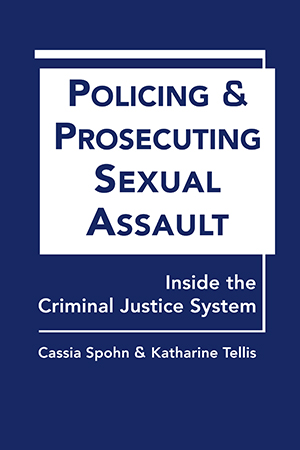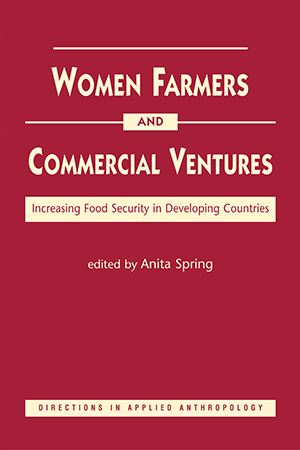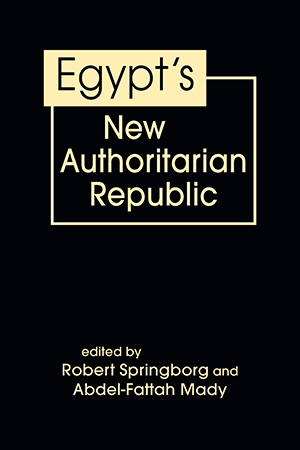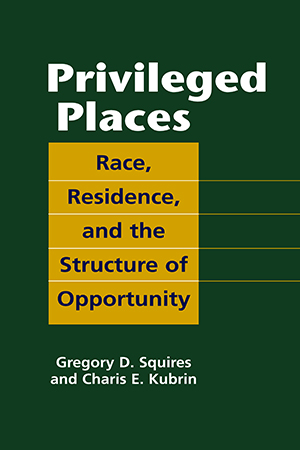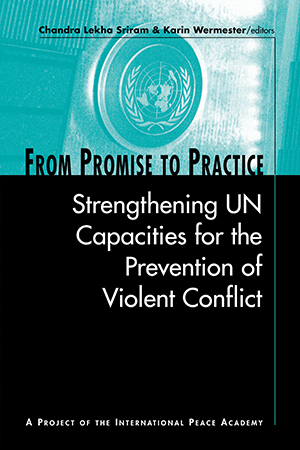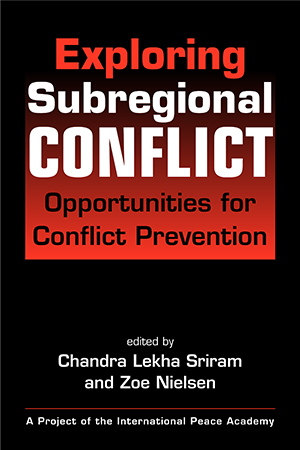BOOKS
The Unheeded Warning richly portrays the turbulent interwar period in Vienna and Berlin through the eyes of one of the century's foremost intellectuals and activists. Psychologist, More >
Acclaimed as one of the most vivid and evocative autobiographies of the century, Manès Sperber’s trilogy All Our Yesterdays concludes in this final volume. Through the eyes of More >
Sperber's great fiction trilogy spans the period from 1931 through the rise of Hitler and the struggles of international Communism to the early postwar era. It traces the lives of More >
This study advances a novel argument about the difficulties the major powers of Europe are likely to encounter in attempting the multilateral management of regional security More >
Cassia Spohn and Katharine Tellis assess the criminal justice system's response to sexual assault, exploring the complex dynamics that shape the actions of police and prosecutors. The More >
Women around the world are entering commercial agriculture—and often succeeding—despite development policies designed to exclude them. In this comparative volume, case studies More >
Egyptian President Abd al Fattah el-Sisi has sought to create a "New Republic," a stronger, more authoritarian state capable of positively transforming Egypt's polity, economy, More >
Now priced for course use! In the United States today, quality of life depends heavily on where one lives—but high levels of racial segregation in residential communities make it More >
How can the United Nations, regional and subregional organizations, government donors, and other policymakers best apply the tools of conflict prevention to the wide range of intrastate More >
The causes of violent conflict, as well as approaches to conflict prevention, have been studied extensively, but only recently has attention been given to the subregional dynamics of More >



![The Unheeded Warning, 1918–1933 [a memoir]](/uploads/67097b946728f.jpg)
![Until My Eyes Are Closed With Shards [a memoir]](/uploads/67097bbef09ff.jpg)

